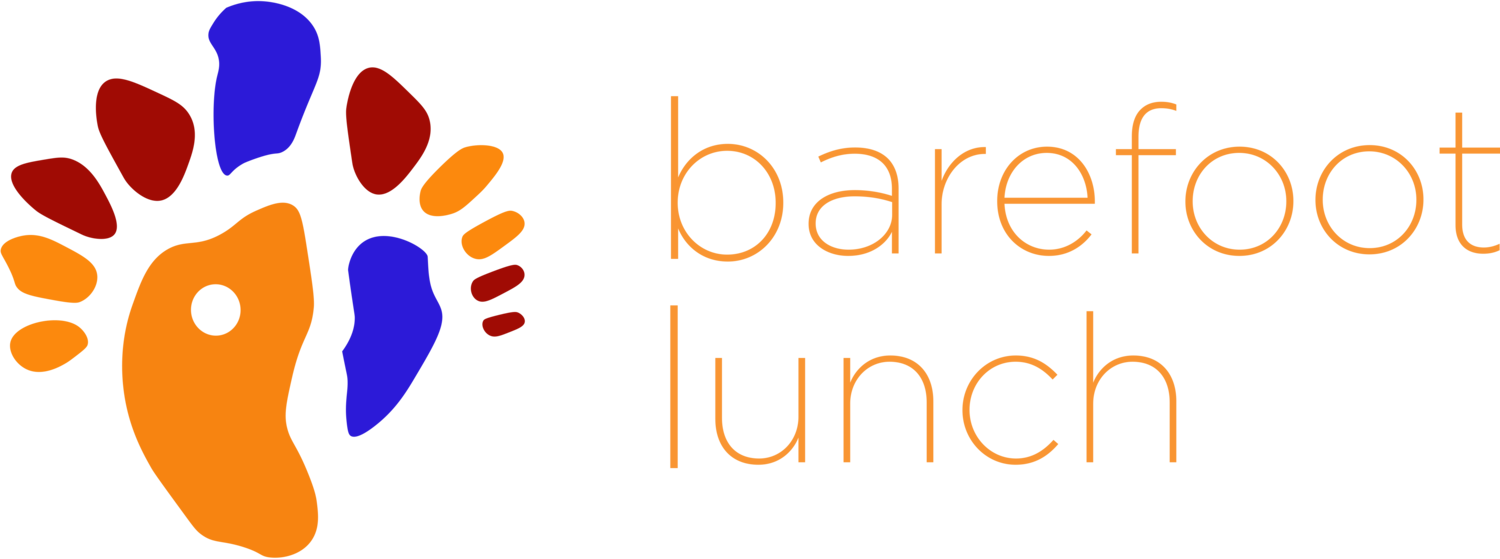It is rare to go through an interview process without having some sort of test or assessment. Candidates need to understand how to take them and employers need to know what they mean. Assessments enhance the knowledge of a candidate, but are not used to replace an interview. Also, they help set an objective set of criteria that a candidate must meet to enter a company. They are not used to assess final judgment on a candidate as it is against labor laws in some countries.
Mainly, employers apply two types of assessments:
Ability or aptitude tests
Work styles questionnaires (personality, motivation, emotional intelligence—EQ)
Ability and Aptitude Tests
Ability and Aptitude tests measure a candidate’s ability to perform specific tasks and give guidelines as to their potential to learn and understand new information. The tests cover skills such as:
Language ability
Verbal reasoning
Comprehension and grammar
Numerical reasoning and logical interpretation of numerical and statistical information
Abstract, mechanical or spatial reasoning and pattern recognition
Information checking and editing
Ability to learn and master a new task
IQ
Work style questionnaires
Work style questionnaires or inventories are usually called psychometric assessments. They are created by psychologists to look at a person’s behavior or a person’s personality.
If behavior, they would look at how a candidate relates to others or how the approach problem solving. If personality, they would measure how a person thinks in various work situations.
Other factors that both gauge:
Ways of thinking, feeling, and acting in different situations
Interpersonal skills
Leadership and management styles
Patterns of coping with stress
Interests of doing various types of activities at work
Explore the motivation for approaching work
Work values
Assessments are not about passing or failing but about the employer having an objective view of matching a candidate to a job or work environment. Employers use the scores to help assess and evaluate how a candidate works in their job and their environment.
Before going into a test, it is a good idea for an applicant, if they’ve never taken an assessment, to practice. Here are some tips:
Pay attention to the instructions
Know time limits
Understand if points are deducted for wrong answers (i.e., is it okay to guess)
Know if more than one response on multiple choice questions is allowed
Assessment tools are here to stay and as there become more choices for employers, it is important that both candidates and companies understand them.

